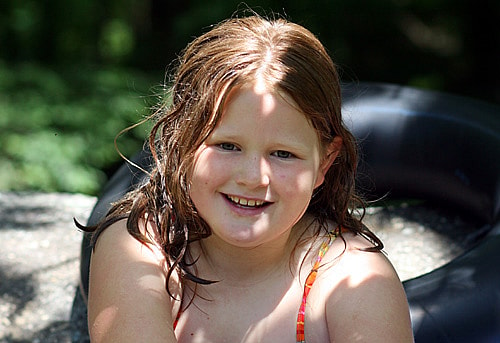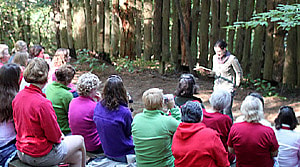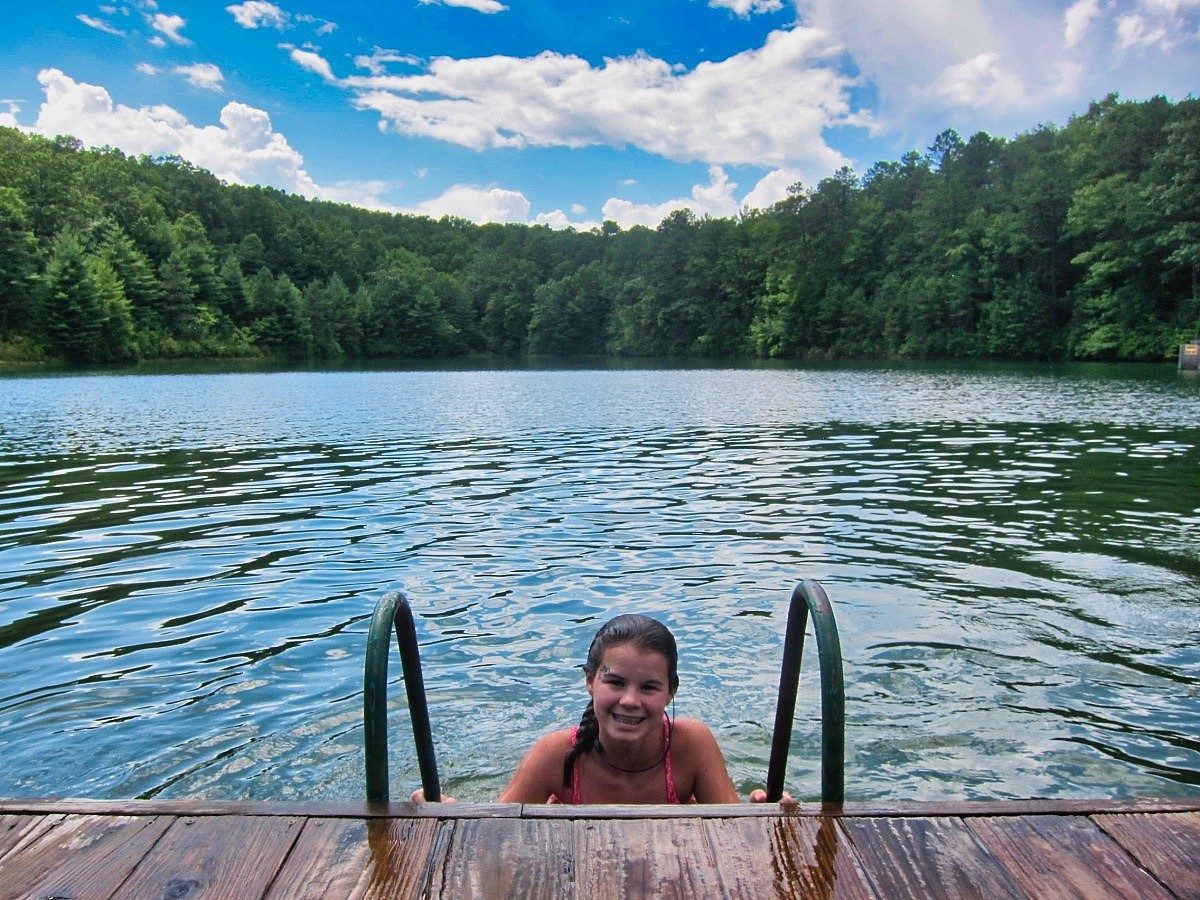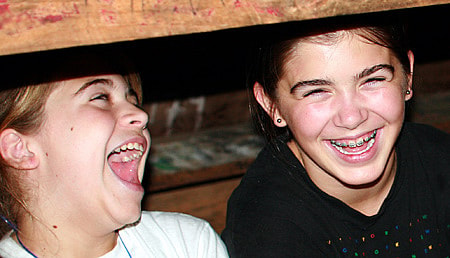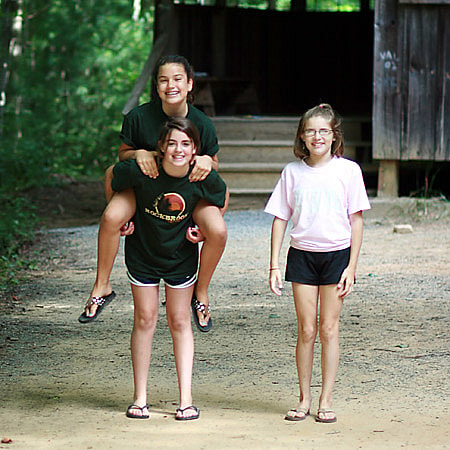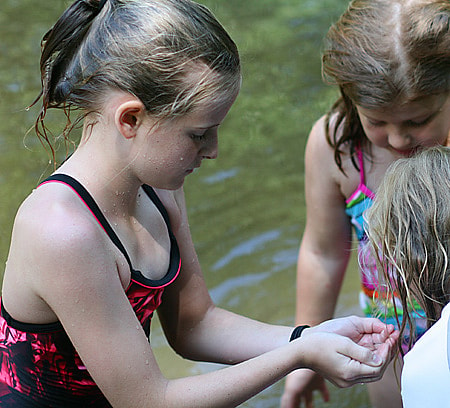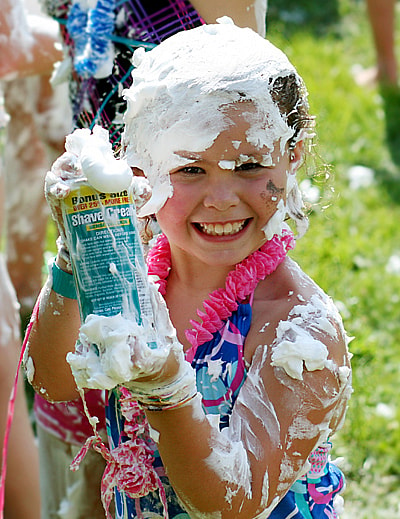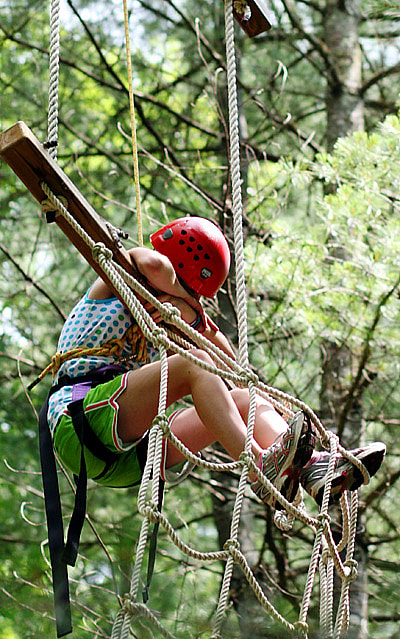We’ve written before about how the average American child spends 53 hours per week consuming electronic media— television, computers, cell phones, video games, ebook readers —interacting with various screens. One consequence of this media consumption is all the advertising it includes. Woven throughout these hours of electronic entertainment is a flood of ads and product branding, to the extent of about 3000 ads per day, according to one study. Just about everywhere our children go, including their schools, they are exposed to carefully crafted advertising messages. Advertisers know that children constitute not only a large market themselves, but also a powerful force capable of influencing their parents’ spending. Even more insidiously, they know exposing children to brands very early in life can have lasting brain effects that influence their buying habits as adults.
Recognizing this trend in America, researchers have begun to study the effects pervasive advertising and branding have on children, their (cognitive, social and personal) development, and their overall physical and psychological health. Unfortunately, it’s not good, with links to tobacco, alcohol and drug use, to obesity, to premature sexual activity, and to fostering negative body image ideals. There is strong evidence that advertising and even subtle branding messages have profoundly negative effects, so much so, several European countries, Greece, Belgium and Sweden for example, have banned advertising that explicitly targets children.
Fortunately for the children that attend summer camp, there is a true break from media consumption and from its accompanying advertising. Spending time at Rockbrook, playing outside, and enjoying real friends and relationships, function as countering forces. Back to the basics of childhood, girls at camp find they are more creative, more imaginative and more adventurous. We all know camp is a refuge; it is in this way as well— a refuge from advertising and branding. And that’s a great thing.

